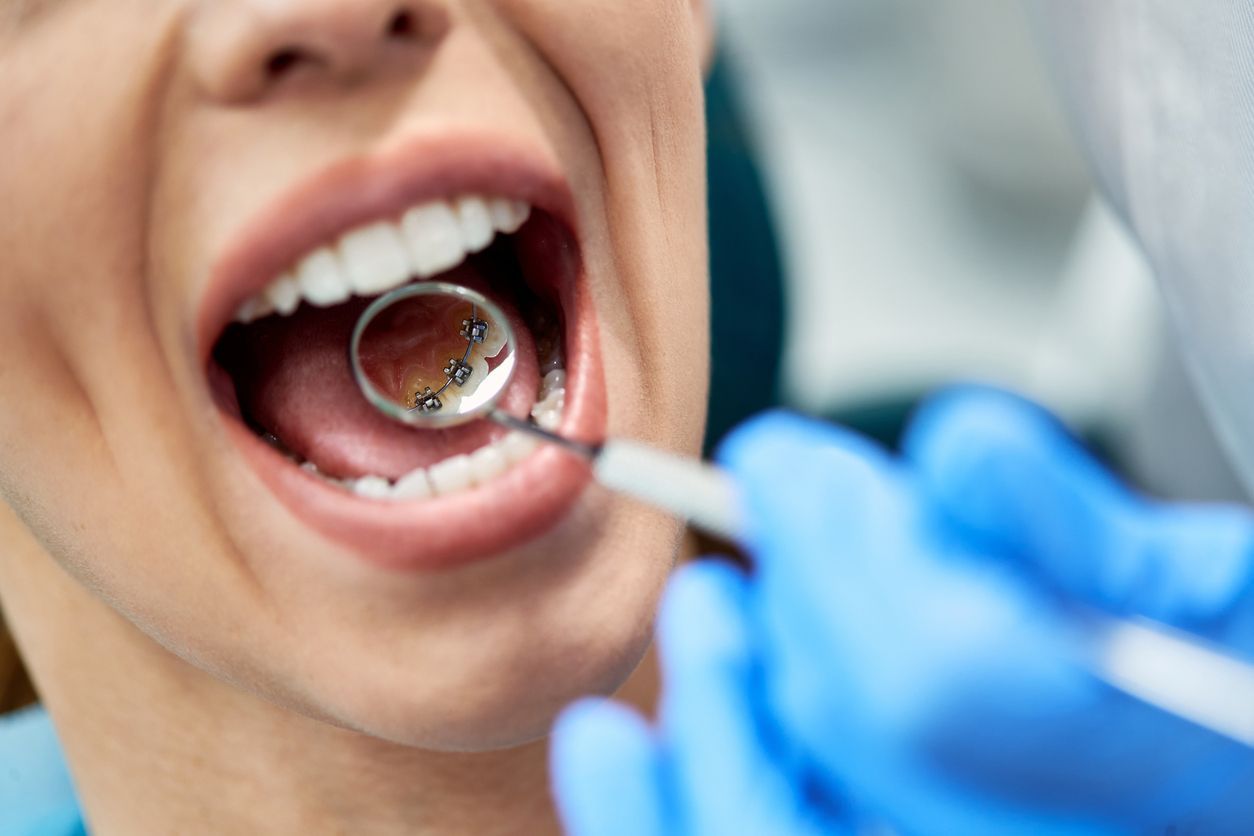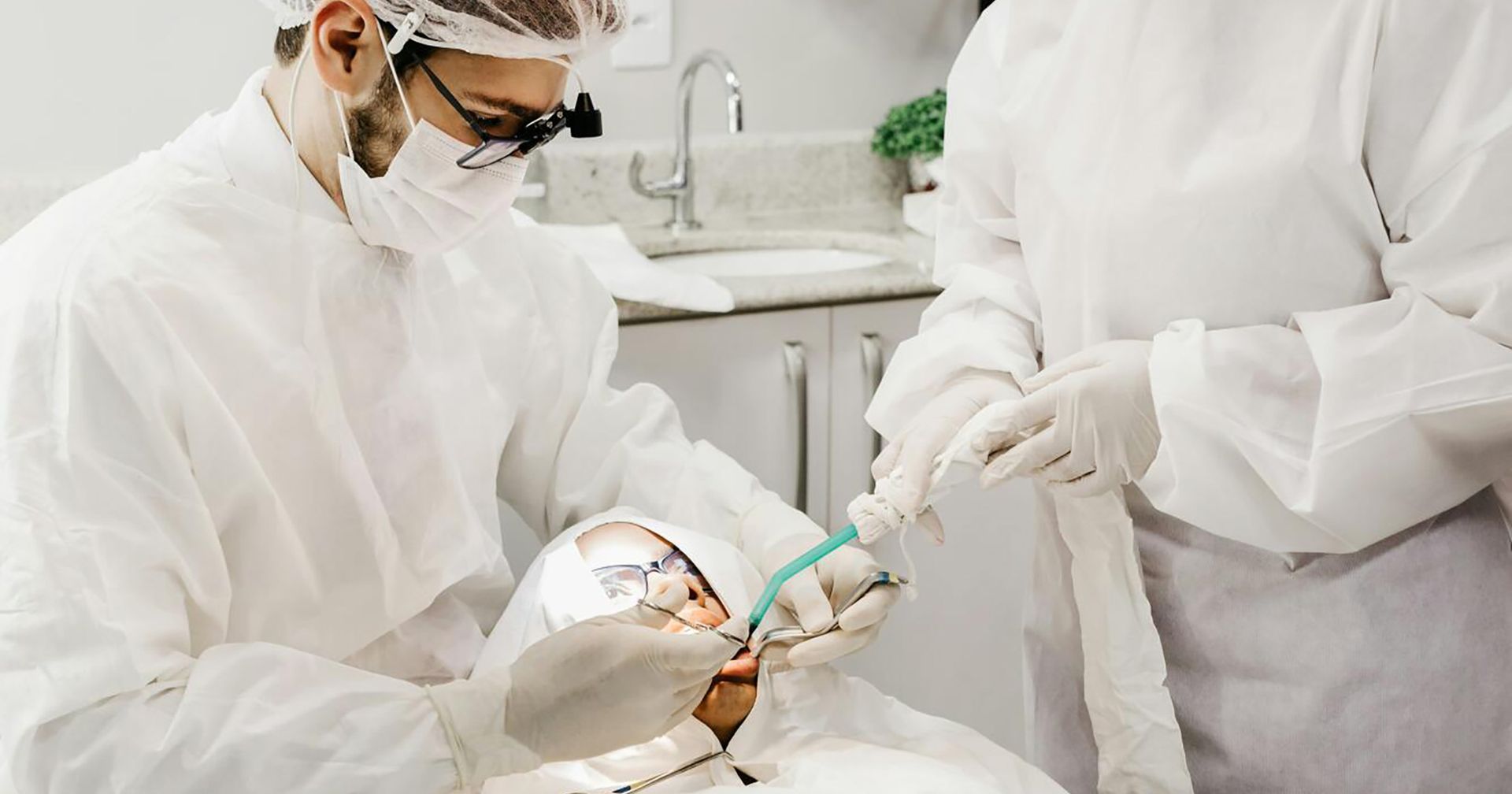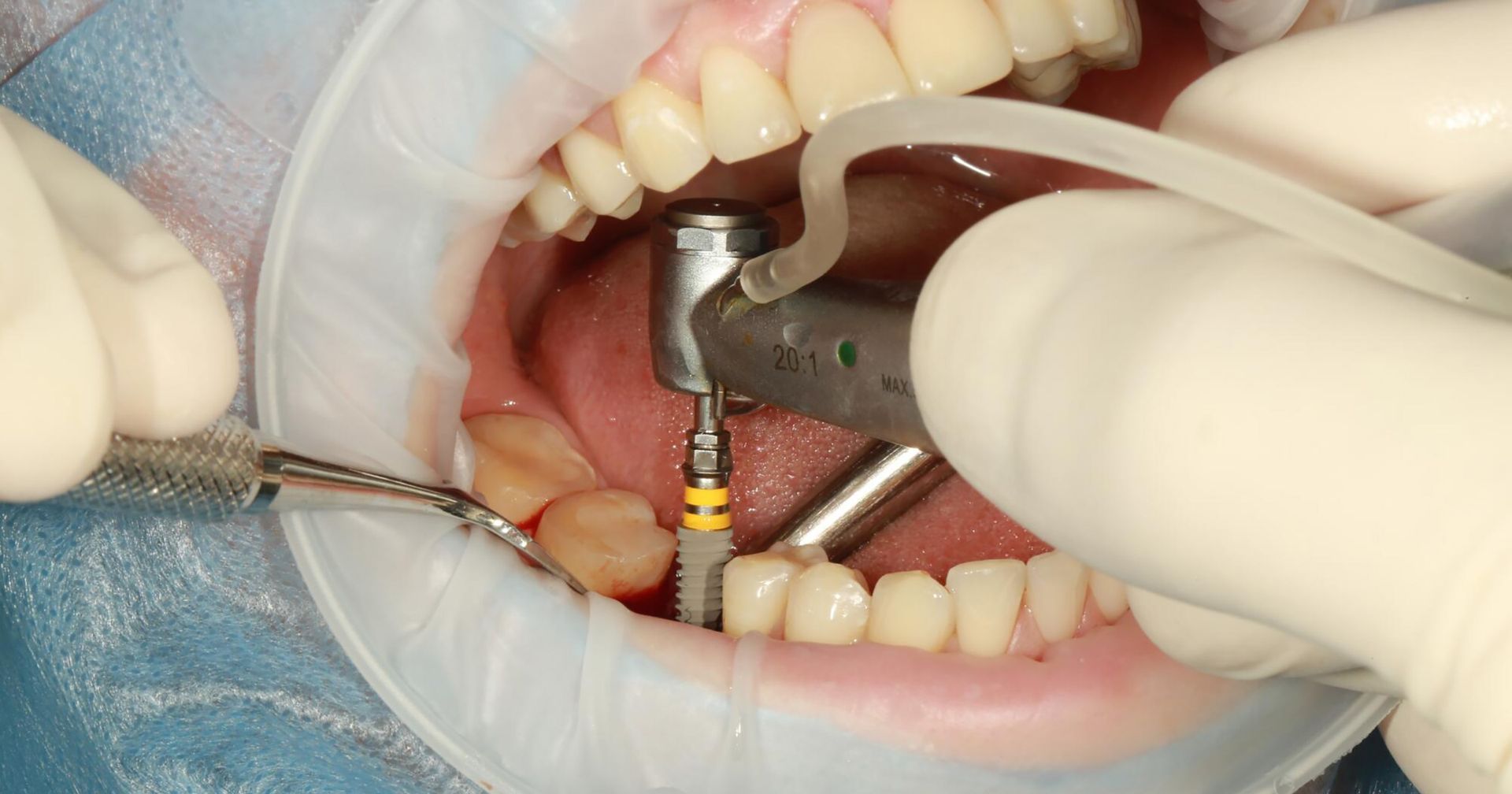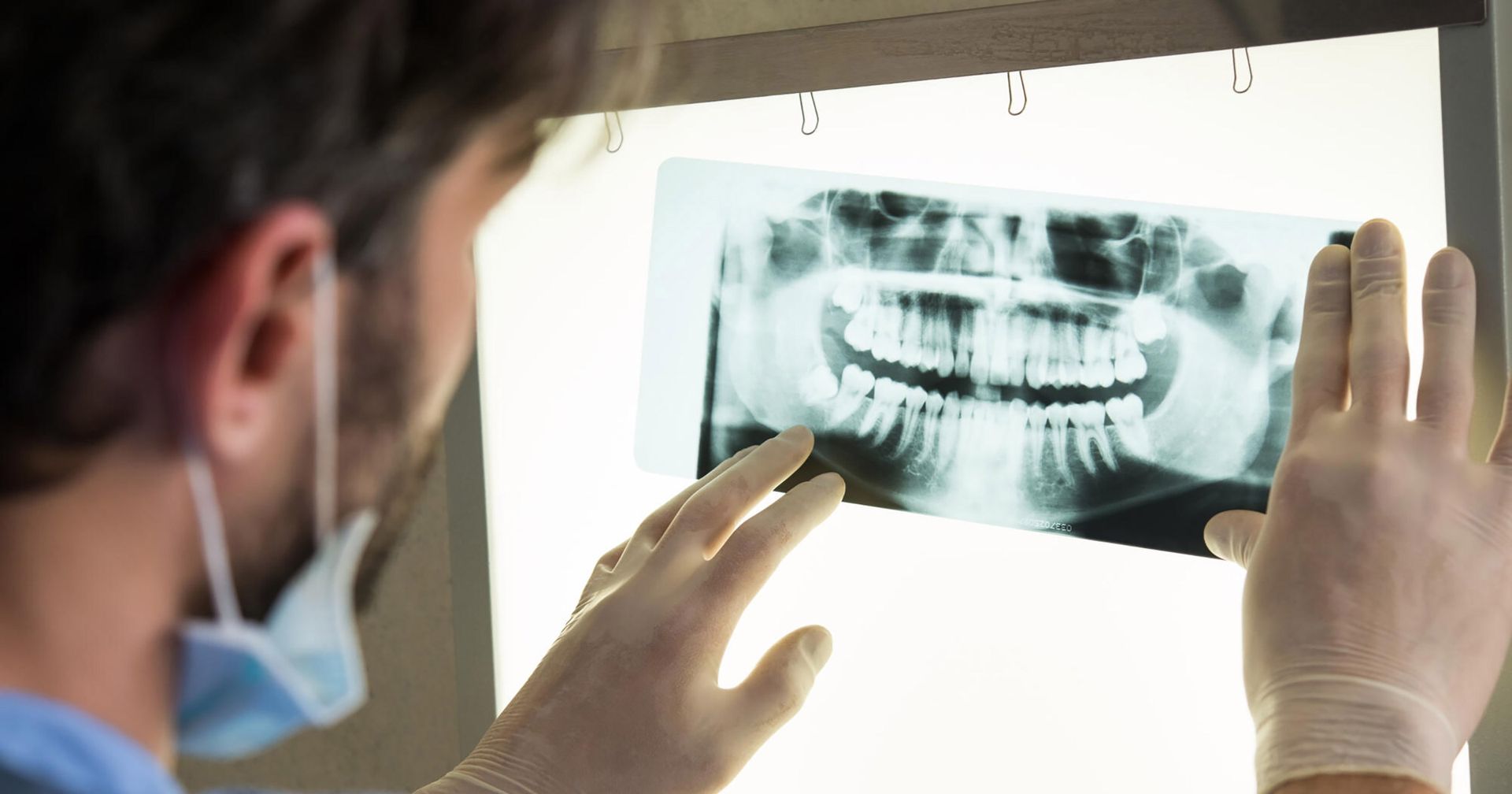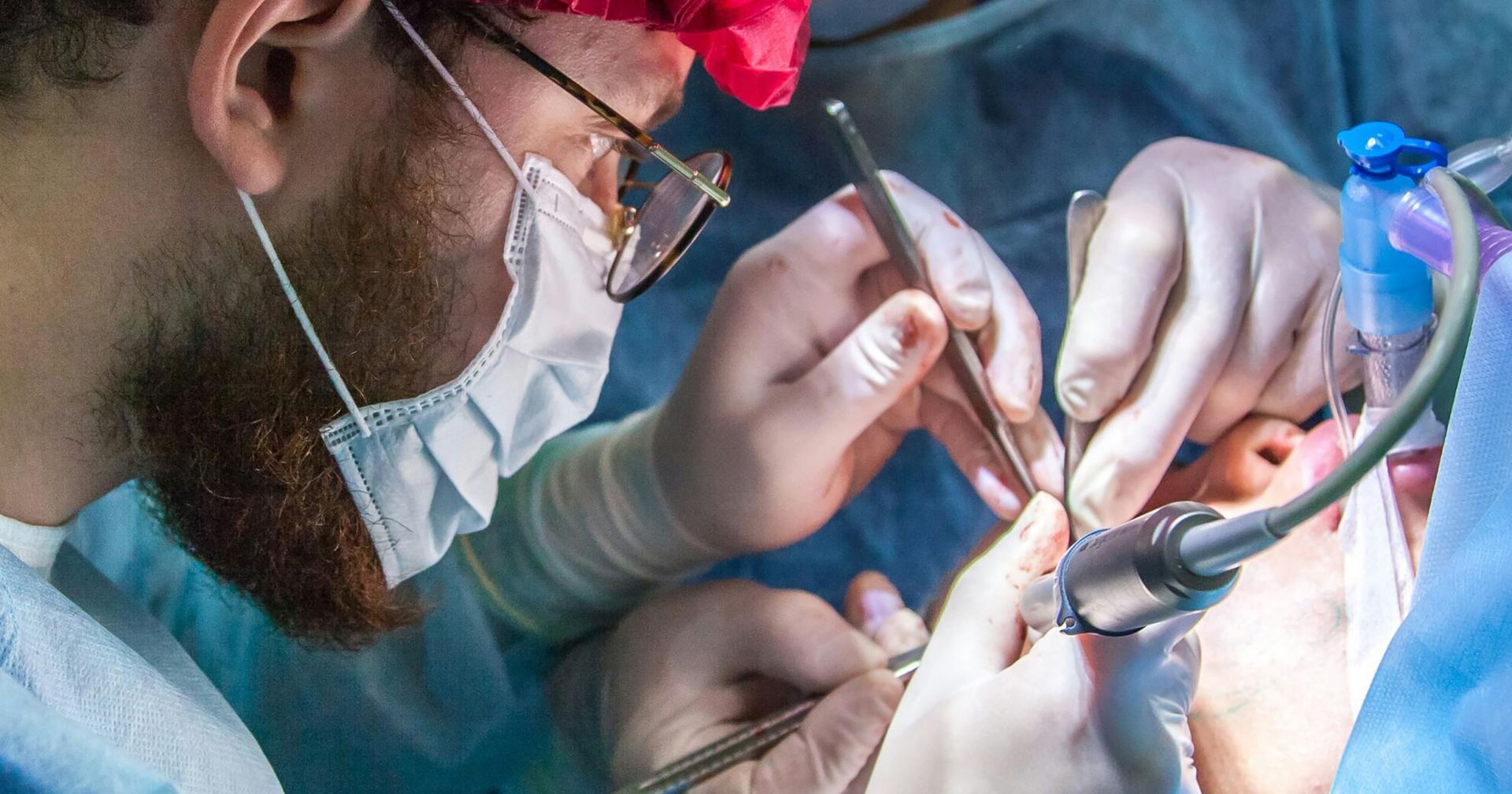What You Can Expect When Getting a Dental Crown
Dr. Tabas • September 14, 2020
If you're wondering what you can expect when getting a dental crown, we are here to help you out. Learn more about it here!
Do you have a severely damaged tooth or a cavity that's too large to repair with a filling? If so, you aren't alone. Researchers estimate that up to 92% of adults
in the United States have had dental caries (cavities) in the past.
When a tooth has enough structural damage or decay that a filling can't fix it, dentists will often recommend that you get a crown. What are dental crowns, and what is it like to get one? Our team is here to fill you in on the answers.
What Are Dental Crowns?
If you've heard of a tooth "cap" before, then you're already familiar with dental crowns. These terms are synonymous; both refer to a synthetic dental prosthesis that fits around the outside of your tooth, replacing the damaged outer layer of enamel. They can strengthen your natural teeth and help you avoid extractions.
Dentists recommend them in a variety of situations, including:
- after a root canal
- to repair a broken or severely cracked tooth
- to strengthen a tooth made fragile by dental caries and decay
- to restore the appearance of a damaged or discolored tooth
- to prevent a filling from loosening or falling out
They can also serve as anchors for dental bridges and covers for tooth implants. They aren't to be mistaken for veneers, which only cover the front surface. Crowns cover the entire exposed portion of a tooth.
Types of Dental Crowns
In the past, most dental crowns were made from a variety of metals, the most common being gold alloys and base metal alloys. This material makes them extremely durable, but it's also visible in your mouth and can increase long-term temperature sensitivity. As such, many dentists have moved away from metal in favor of other materials.
The most common materials today are porcelain, porcelain bonded to a metal base, and ceramic. Each of these types of dental crowns looks just like your natural teeth and is nearly invisible when you smile. Your dentist
can help you weigh the pros and cons of each material to decide which is best for you.
What to Expect From a Dental Crown Procedure
Because dental crowns are made off-site, installing them generally takes at least two separate appointments. At the first one, your dentist will examine the tooth and take any necessary images. They'll then shave the outer layer of your tooth down just enough to make room for the cap.
Next, your dentist will take an impression of your mouth and turn it into a cast of the affected tooth or teeth. This cast gets sent off to a lab where technicians will design a crown that fits snugly and looks identical to your natural tooth. This process often takes 2-3 weeks, so your dentist may install a temporary cap to protect your tooth while you wait.
At the second appointment, it's time to take off the temporary cap and install the new one. Your dentist will test it for fit and then cement it onto your tooth so it doesn't become loose. Afterward, they'll check your bite and smooth down any areas that feel uncomfortable.
Your mouth may be sore after this appointment, so it's a good idea to eat soft foods that aren't too hot or cold for the first day or two. You may also find that ice or over-the-counter painkillers help to reduce the pain. Make sure to ask your doctor before taking any medicines to ensure that they're safe, and take them only as directed.
FAQs About Dental Crowns
At this point, you're familiar with what crowns are, why you might need one, and some of the different types that are available today. Now, let's take a moment to look at some of the most frequent questions patients ask about this procedure.
How Much Does a Dental Crown Cost?
The amount you pay for a crown will depend on quite a few different factors. These include the material you choose, the amount of work it takes to prepare your tooth for the crown, and whether you have dental insurance coverage. Talk to your dentist ahead of time if you're concerned about the cost, and they may be able to work out an affordable repayment plan.
How Do I Care for Them?
The same way you care for the rest of your teeth. Brush twice and floss once per day, avoid chewing on ice or hard objects, and get a mouthguard to protect your teeth if you tend to grind or clench them.
Nearly a third of Americans
admit that they never floss, and only 30% report flossing daily. Flossing is vital for your general oral health, but it's even more important once you have a crown. Without adequate flossing, plaque and debris can build up around the base and may lead to further decay of that tooth and those surrounding it.
Should I Be Concerned About Complications?
Every dental procedure carries with it some chance of complications, but the risk of having problems is very low. It's normal to experience some soreness or temperature sensitivity for the first few days or weeks after your procedure. This discomfort will go away on its own.
Let your dentist know if it persists or it seems like your porcelain crown is coming loose and they'll call you in for an appointment to repair it.
How Long Do They Last?
Crowns aren't a permanent fix, but they are long-lasting. If you take good care of them, you can expect them to last anywhere from 5-15 years before they need to be replaced.
The length of time they last will also depend somewhat on the material and procedure you choose. Metal lasts the longest, but ceramic and porcelain crowns are also durable choices.
Are You in Need of a Dental Crown Procedure?
If you think you might need a crown, the first step is getting an exam. Your dentist will look over your teeth and determine whether one is needed and if any other restorative or cosmetic treatments would work better for you.
Searching for a dentist in Philadelphia, PA or the surrounding area? Dr. Norman Tabas and the rest of the excellent team at Tabas Center for Advanced Dentistry can help. Contact us today
to make an appointment for any of your oral health needs.

